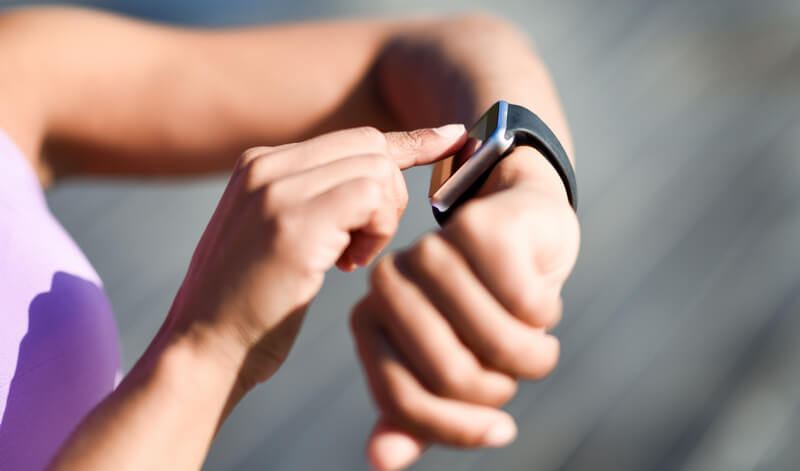Securing Healthcare Data Must Be a Priority as COVID Cases Postpone In-Person Visits

Unfortunately, the pandemic rages on. COVID-19 cases in the U.S. are increasing and the number this year has already surpassed last year’s figures, according to John Hopkins University. It’s sad to say that the numbers this year will increase further, with new variants, debates regarding masks and social distancing, and individuals who have not been unvaccinated. Healthcare providers are having to return to stricter protocols to try to reduce the number of cases, and many are canceling visits, postponing nonemergency procedures, running out of capacity, and are, once again, opting for virtual healthcare. That being said, let’s take a closer look at the situation, what some hospitals are going through, and why securing healthcare data is crucial during both virtual and in-person visits.
Idaho is facing a huge challenge due to COVID cases
This isn’t a surprise – many hospitals in different states are facing the same scenario due to COVID-19 spikes. For instance, health systems like Saint Alphonsus and St. Luke’s in Idaho have already paused non-emergency procedures.
The reason is quite simple – they are running at full capacity, seeing far more COVID-19 hospitalizations, and are being forced to reallocate resources to serve COVID-19 patients. In fact, COVID-19 daily hospitalization rates have gone up 35%, and it looks like more hospitals and health systems will have to follow the same rules.
The state has already entered a “Crisis Standards of Care” which was enacted as there’s a shortage of healthcare staff as well as beds, the latter because of a surge in COVID-19 patients.
Experts are even predicting up to 30,000 COVID-19 cases per week within the state, starting mid-September!
Within all the chaos, securing healthcare data to ensure accurate patient identification and sending reports to accurate personnel is a must.
Other states are also witnessing similar COVID-19 surges, such as Georgia and parts of California, leading to capacity constraints, postponed non-emergency procedures, and stricter visitation guidelines.
Telehealth might be the answer, as long as it protects healthcare data
Most hospitals will opt for offering virtual care again – it has already shown its capabilities in treating non-critical patients without risking anyone getting infected with COVID-19.
While telehealth has a huge number of supporters now, experts worry about a number of issues. One of the biggest concerns is that, just like in-person visits, telehealth might result in medical identity theft cases.
Securing healthcare data during both in-person visits as well as virtual ones, thus, becomes a huge concern. Fortunately, RightPatient is more than up for the challenge.
Securing healthcare data is possible with RightPatient
RightPatient is the leading touchless patient ID platform and several healthcare providers trust it to protect millions of patient records.
By ensuring proper patient identification, RightPatient ensures that the EHR is used for the appropriate patient – preventing mix-ups, duplicates, and medical identity theft.
For in-person visits, the patient just needs to look at the camera for registration. RightPatient takes a photo and attaches it to the patient’s EHR – these can’t be accessed by fraudsters. For instance, if a fraudster tries to access services, RightPatient will identify that the person’s face doesn’t match with the saved photo – red-flagging the individual and preventing medical identity theft in real-time.
For telehealth sessions, after patients schedule appointments, they will receive an SMS. They will need to provide a selfie along with the photo of their driver’s license – RightPatient will automatically compare the photos, and upon matching, create biometric credentials for the new patients and validate registered ones. In this case as well, if the platform identifies discrepancies, it will red flag the individual, preventing them from tampering with the EHRs, securing healthcare data, and preventing medical identity theft in the process.
RightPatient is the future of patient identification
Whether it’s online visits or in-person visits, hospitals and health systems must protect patient data, improve patient safety, and prevent identity theft. While several caregivers such as Terrebonne General Medical Center, Hugh Chatham Memorial Hospital, and University Health Care System are already using RightPatient to protect their patients, many caregivers are still using ancient methods to identify patients – putting them at risk.
How are YOU protecting patient records and ensuring positive patient identification at your healthcare facility?










Leave a Reply
Want to join the discussion?Feel free to contribute!